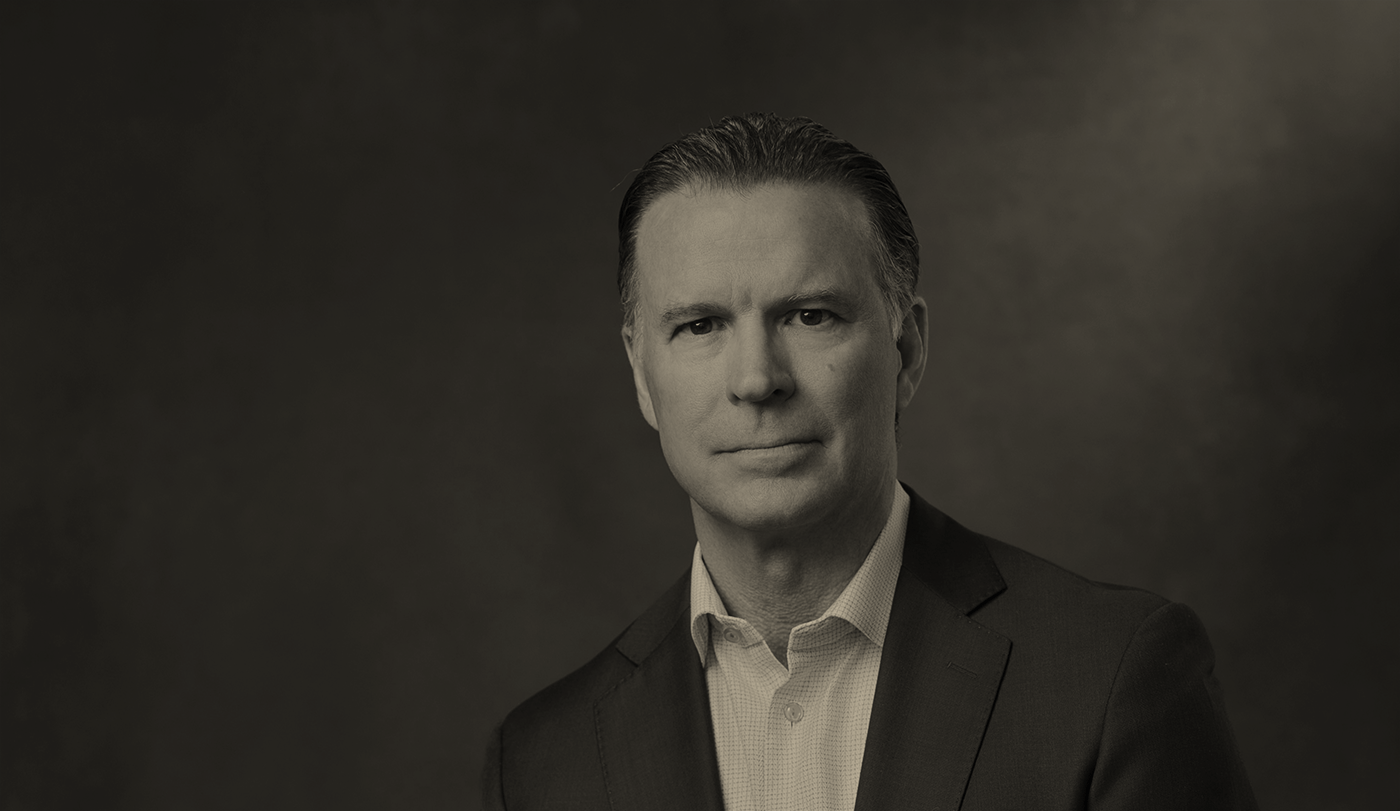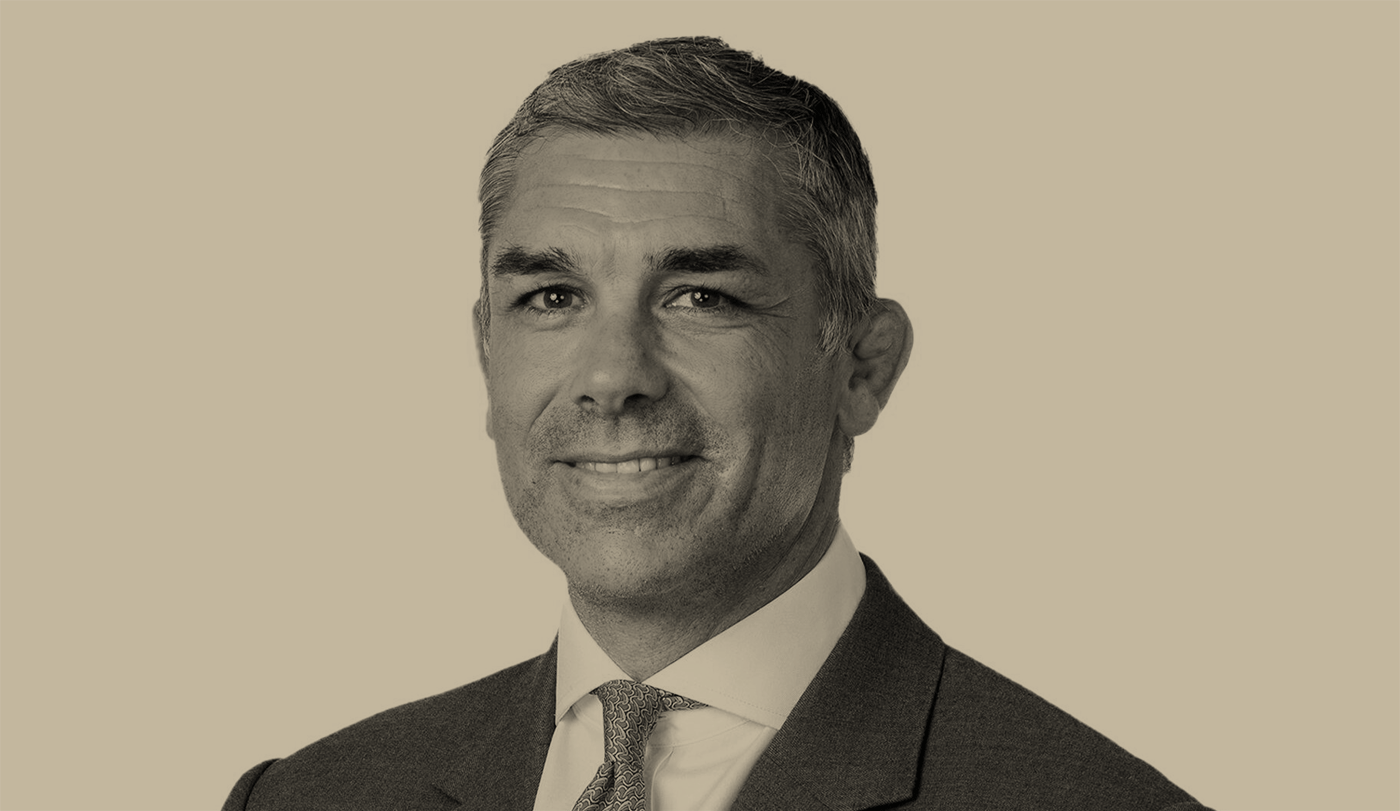RBC BlueBay Asset Management head of business development Anthony Pickering discusses where the firm is anticipating demand from wealth managers, uncorrelated alpha and witnessing surfers prevent a shark attack
Where – and why – are you anticipating demand or fund flows from UK-based wealth managers and their clients over the next 12 months?
2024 saw continued flows into passive strategies and private markets. In active funds, the market signalled a preference for bond strategies with flows into this space, and out of equities. Regionally, investors were typically overweight the US.
We reasonably expected a continuation of these trends in 2025 – until Trump-related uncertainty changed the dynamic. Since then, we have seen broader investor de-risking into cash – that is, money market funds – while money has also been moving out of US equities and into other asset classes and regions. Questions remain as to whether this rotation will last but, the greater the uncertainty around US policy, the more we might expect it to persist.
When it specifically comes to our capability suite, we continue to see appetite from UK wealth investors for our active fixed income franchise, particularly in investment grade and impact-aligned strategies. We are also seeing momentum build for our emerging market strategies across both equity and fixed income strategies.
This is driven by relative performance strength, where we are benefiting from investors switching over to us from their incumbent underperforming manager. Until the recent US-led volatility, we had not seen material new money enter these asset classes, but that too could now be changing.
How are you planning to address and serve that interest?
We have a well-resourced coverage team with long-standing relationships in the UK wealth sector and continue to dedicate resource into strengthening these ties. Our plan is to position ourselves as the active manager that comes to mind first when investors think about the capabilities in which we specialise.
Are you seeing a divergence in the demands of UK wealth managers versus, for example, their peers in Europe or on the institutional side in the UK?
While there are broad similarities, each market has its own nuances – for example, UK wealth managers will typically invest in the UK and/or global strategies whereas their European counterparts will often invest in European strategies.
It is also important to note that there are different ESG requirements across different markets that can dictate demands and drive the need for tailored solutions for clients across regions. To this end, we have seen – and continue to see – a rise in demand for tailored segregated mandates, principally on account of different ESG requirements across clients and regions.
Meanwhile, private markets continue to dominate the headlines and already form a large part of institutional portfolios. By comparison, the private wealth world is still early in its adoption curve here in terms of allocations, although we are seeing increasing activity and product launches in the space.
As a business, how do you define ‘alternative’ and ‘private’ assets and to what extent should asset managers be looking to service investor demand here?
Broadly speaking, we classify alternatives as funds that do not follow a traditional public markets benchmark. Of course, within that there are a multiple of different sub-categories of ‘alts’. The major trend here is the movement of assets into private markets strategies and all asset managers are rushing to service investor demand in the space.
We too are active here – in both emerging markets and special situations – and continue to broaden our private markets offerings. With the rise in volatility of public markets, we also see rising opportunity for investors in uncorrelated sources of alpha, with liquid alternative strategies increasingly relevant. This is an area in which we have a long history and we are working to grow our partnerships with investors, including UK wealth managers, in the space.
‘ESG is dead – long live ESG 2.0’ – your thoughts as a distributor, please?
ESG is certainly not dead. As an active manager with a global client base, we still see an enormous number of investors who are steadfast in their belief that investments that consider ESG characteristics will lead to better and more sustainable returns over the long term and are investing accordingly.
What drives your approach to client communication? And is there a case for focusing on attracting the ‘right’ type of client?
A philosophy of total transparency and a desire to anticipate investor needs drives our approach to communication. We want to empower our clients with the knowledge and insight they might need to help shape their investment decisions and to understand the role we can potentially play in their portfolios.
In terms of ‘type of client’, while I don’t believe there is necessarily a ‘right’ or ‘wrong’ sort, as a business we do look for long-term partnerships rather than shorter-term transactional relationships. Our industry functions best when there is trust and a high-level of mutual understanding- two attributes that take time to build. Our average client tenure is 8.6 years which, for a firm that established itself 25 years ago, is a respectable length of time.
Outside of work, what is the strangest thing you have ever seen or done?
In South Africa, there is a beach I would visit frequently to surf at and walk. It is a well-known surfing beach and also a beach at which there have been a few shark attacks over the years. On one visit, I witnessed a group of surfers collectively ‘charge’ a shark that was circling one of the surfers.
They had spotted the shark and noted its growing interest in a particular person and somehow, rather than scattering and racing for the beach, they – very quickly – managed to co-ordinate themselves and collectively ‘shoal’ at the shark in a bid to scare it off. They were successful. It is a scene and a study in human behaviour that will stay with me always.
May we have two book recommendations, please – ideally, one with an investment connection?
I am not a huge reader of investment literature and lore and cannot make any novel recommendations for you beyond the well-known. I tend to read only when taking a break from work – and then seek out both evocative and beautiful travel writing or something lighter that restores my faith in humanity. Two enjoyable recent reads on these themes are travel writer Peter Matthiessen’s The Tree Where Man was Born and Amor Towles’ A Gentleman in Moscow, which is a wonderful holiday read.
Gazing into your crystal ball, what does the asset management sector look like 10 years from now?
I believe we continue to trend towards a ‘barbell’ in our industry, with the scale players on one end and the ‘pure alpha’ players on the other. As a smaller or mid-size player, one needs some form of ‘edge’ that cannot be competed away, or alternatively a sustainable source of funding – whether that may be a dominant market position or a specific strategy that supports firm profitability. With this in mind, in 10 years’ time, the big will be even bigger, and the industry will have consolidated further. AI will no doubt have an impact on this path too.
“With the rise in volatility of public markets, we also see rising opportunity for investors in uncorrelated sources of alpha, with liquid alternative strategies increasingly relevant.










